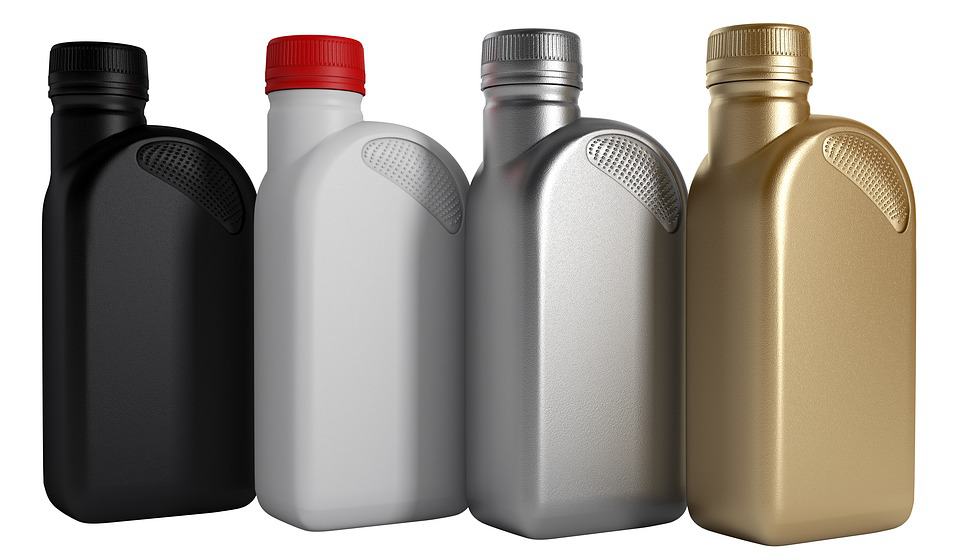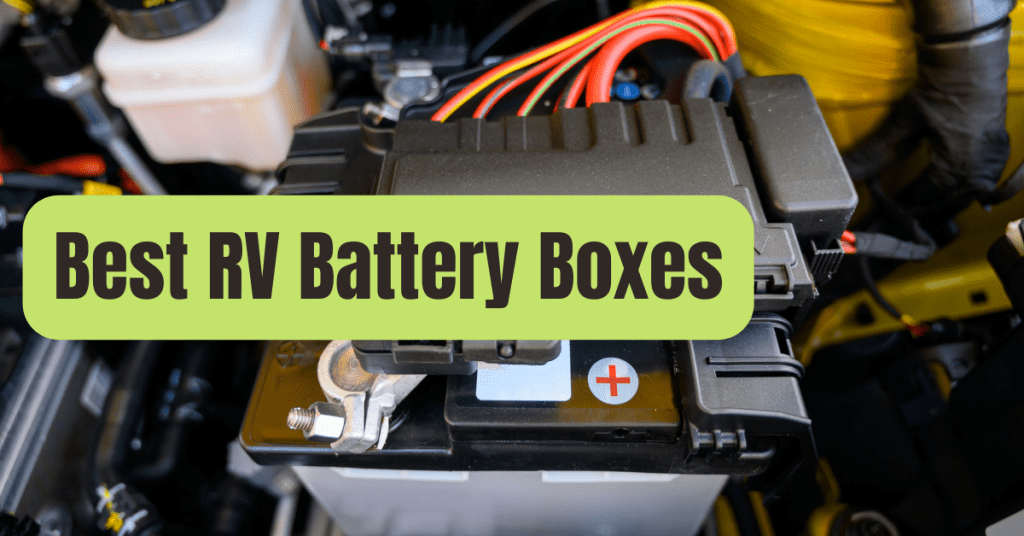The generator engine’s functionality is dependent on oil.
Oil is used to lubricate the engine’s components and reduce friction during the internal combustion process.
The purpose of the oil is to establish a barrier between the moving components to avoid damaging contact.
Oil cleans engine components by removing contaminants that might accumulate within the engine.
It prevents the engine’s components from corroding.
It also helps to keep the engine cool by enabling components to move around freely.
But, more significantly, what sort of oil does a generator use, and what kind should it use?
Checking and replacing the oil in your generator every 100 to 150 hours of operation is just as vital as changing the oil in your car.
Your generator engine will last longer if you do this.
When you aren’t utilizing your generator on a daily basis, be sure to start it and let it run for 10-15 minutes once a month.
While the oil is lying idle, it keeps the components lubricated and clean.
Before sending your spouse to the shop to get oil for your generator, check the owner’s handbook to see what sort of oil is advised for your model.
However, here are a few recommendations in case you want more assistance.
Many oil containers will say “SAE,” which refers to the oil’s categorization and stands for the Society of Automotive Engineers.
It was founded in 1916 with the goal of establishing technical standards for the automobile industry.
This contains current oil and gasoline standards used across the globe.
The viscosity of an oil is measured.
The viscosity of an oil is its thickness.
The thinner the oil, the more fluid it will be in cooler temperatures and the easier it will flow when your engine is started.
In hot conditions, a heavier weight oil is required to preserve the engine components.
A number of variables will influence which oil is best for your generator engine.
One is viscosity, which refers to how fluid an oil is when it is subjected to friction.
The lower the first number, the thinner the oil is, which is preferable in colder climates.
Winter is represented by the letter “W.” When the engine is running at normal operating temperature, the number after the “W” in the description refers to the thickness of the oil.
The weather outdoors is also an influence.

Cold weather operation necessitates a thinner oil, as previously indicated.
For effective and efficient component performance in the engine, the oil must be thicker in warm temperatures.
There are also several sorts of oil.
Single grade, multigrade, and synthetic oils are all readily available on shop shelves.
Oils are classified as single grade or monograde depending on their viscosity grade, such as SAE 30 or SAE 40.
The kind of oil you’ll need for optimum functioning depends on the weather and how often you use your generator.
Engine manufacturers create them to operate at certain viscosity levels.
As a result, it’s essential to use the oil specified in your generator’s user handbook.
A multigrade oil is usually one that has a Viscosity Index Improver ingredient.
Temperature alters the fluidity of a multigrade oil.
When the temperature heats up and the oil’s fluidity needs to be heavier, the addition kicks in.
5W-30, 10W-30, and other multigrade oils are examples.
Honda generators, for example, utilize the 10W-30 oil.
Synthetic oil is manufactured using distilled crude oil as a foundation and is made from artificial chemical components.
It has less impurities than single-grade or multigrade oils, which is one of its advantages.
This helps to keep sludge and other contaminants out of the engine.
A synthetic oil is more expensive than a single or multigrade oil, but it is meant to last longer.
There are certain crucial maintenance elements to consider if you want your generator to survive for many years.
Keep track of the amount of hours the machine has been running so you can replace the oil when it’s time.
Between 100 and 150 hours of operation, most generators need an oil change.
When utilizing a single or multigrade oil, this is critical.
These oils, by their very nature, contain micro-contaminants that deteriorate the oil over time.
As the oil cleans particles and other dirt from the components, it accumulates, and the engine must be protected by replacing it with clean oil.
In the United States, 11 viscosity grades are utilized, ranging from 0W to 30W.
These are often referred to as the oil’s weight.
The most often used are listed below.
| SAE Classification | Temperature (Fahrenheit) Temperature range that the oil functions (lubricates) optimally |
|---|---|
| SAE 5W-20 | -37⁰ to 77⁰ |
| SAE 5W-30 | -22⁰ to 86⁰ |
| SAE 10W-30 | -20⁰ to 96⁰ |
| SAE 10W-40 | -15⁰ to 100⁰ |
| SAE 15W-30 | -13⁰ to 95⁰ |
FAQs
What kind of oil should I use in my generator?
Look for oil brands that comply with SAE (Society of Automotive Engineers) specifications.
As a result, the most crucial attribute should be
1. The recommended oil weight in your generator’s owner’s handbook, and
2. The temperature outdoors.
The lower the number on the oil, the colder the weather (i.e., 5W-30 implies temperatures ranging from -220 to 860 Fahrenheit).
If you’re operating your generator in a hotter area, a higher weight oil, such as a 10W-30 or 10W-40, is recommended.
In a petrol (gasoline) generator, what kind of oil do you use?
Always check your generator’s owner’s handbook for the recommended oil to use.
Oil is used to lubricate, cool, and clean the working elements of a gasoline engine, which is an internal combustion engine.
The way the oil works is affected by the outside temperature.
It’s determined by the viscosity rate, or how fluid an oil is at different temperatures.
The oil’s values reflect how well it will perform at different temperatures.
For example, a 10W-30 rated oil performs well in temperatures ranging from -200 to 960 degrees Fahrenheit.
Is it possible to use 5w30 oil in my generator?
If you live in a colder region, a 5W-30 rated oil would suffice.
Colder temperatures are preferable for this oil.
If you’re using your generator in higher temps, however, a 10W or 15W rated weight is preferable.
The lower the first number, the more fluid the oil is, making cold starts simpler for the engine.
In my generator, can I use SAE 30 instead of 10w30?
A single or monograde oil is sometimes known as an SAE 30 oil.
These are often seen in seasonal motors like lawn mowers.
When the engine is running at normal operating temperature, the 30 figure refers to the thickness (viscosity) of the oil.
Consult your generator’s owner’s handbook for suggestions on the optimal oil grade.
When should I replace the oil in my generator?
The owner’s handbook will tell you how frequently you should replace your generator oil according to the manufacturer’s recommendations.
In general, between 100 and 150 hours of usage is recommended.
It’s critical to follow those instructions so that any sludge or other buildup in the engine may be removed.
Because dirty oil degrades and loses its capacity to lubricate, it may harm the engine.
Is it okay for me to use synthetic oil in my generator?
Always follow the instructions in your owner’s handbook, although the answer is yes in most cases.
Synthetic lubricants are thinner and are meant to benefit engines due to their artificial chemical improvements.
If synthetic oil is approved for use in your generator, you should not use single or multigrade oil since they might cause harm over time.
What kind of oil should I use in my generator?
Look for oil brands that comply with SAE (Society of Automotive Engineers) specifications.
As a result, the most significant factors to consider are 1) the oil weight suggested by your generator’s owner’s handbook, and 2) the outside temperature.
The lower the number on the oil, the colder the weather (i.e., 5W-30 implies temperatures ranging from -220 to 860 Fahrenheit).
If you’re operating your generator in a hotter area, a higher weight oil, such as a 10W-30 or 10W-40, is recommended.
In a petrol (gasoline) generator, what kind of oil do you use?
Always check your generator’s owner’s handbook for the recommended oil to use.
Oil is used to lubricate, cool, and clean the working elements of a gasoline engine, which is an internal combustion engine.
The way the oil works is affected by the outside temperature.
It’s determined by the viscosity rate, or how fluid an oil is at different temperatures.
The oil’s values reflect how well it will perform at different temperatures.
For example, a 10W-30 rated oil performs well in temperatures ranging from -200 to 960 degrees Fahrenheit.
Is it possible to use 5w30 oil in my generator?
If you live in a colder region, a 5W-30 rated oil would suffice.
Colder temperatures are preferable for this oil.
If you’re using your generator in higher temps, however, a 10W or 15W rated weight is preferable.
The lower the first number, the more fluid the oil is, making cold starts simpler for the engine.
In my generator, can I use SAE 30 instead of 10w30?
A single or monograde oil is sometimes known as an SAE 30 oil.
These are often seen in seasonal motors like lawn mowers.
When the engine is running at normal operating temperature, the 30 figure refers to the thickness (viscosity) of the oil.
Consult your generator’s owner’s handbook for suggestions on the optimal oil grade.
When should I replace the oil in my generator?
The owner’s handbook will tell you how frequently you should replace your generator oil according to the manufacturer’s recommendations.
In general, between 100 and 150 hours of usage is recommended.
It’s critical to follow those instructions so that any sludge or other buildup in the engine may be removed.
Because dirty oil degrades and loses its capacity to lubricate, it may harm the engine.
Is it okay for me to use synthetic oil in my generator?
Always follow the instructions in your owner’s handbook, although the answer is yes in most cases.
Synthetic lubricants are thinner and are meant to benefit engines due to their artificial chemical improvements.
If synthetic oil is approved for use in your generator, you should not use single or multigrade oil since they might cause harm over time.










